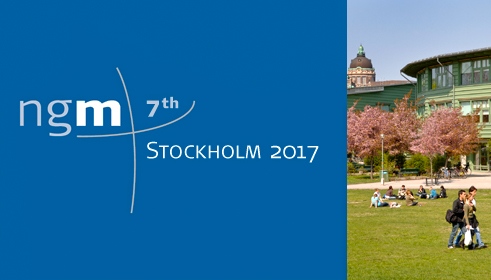
On Sunday, I’ll be in Stockholm for the 7th Nordic Geographers’ Meeting. I am excited to be presenting my work to a completely new audience – geographers, and a wider audience of social scientists – as I usually meet with Africa scholars or Migration scholars. The theme is “geographies of inequalities” which is almost a perfect topic to capture student migration out of the global South.
At the meeting, I hope to:
- get some new ideas on how to take my work to the next level (Where do I publish? What are others doing on students and migration?) and
- pick up some clues on how I continue to do relevant interdisciplinary research. (What methods should I use? Who can I collaborate with? Who else is interested in my work?)
I’ll be presenting two papers out of my dissertation research for the following two panels:
Session A3: Youth and Inequality: Perceptions, experiences, and aspirations. (PDF details)
Conveners: Prof. Katherine Gough of Loughborough University and Dr. Thilde Langevang of Copenhagen Business School.
Session description
Rising unemployment and sluggish economic growth are widely predicted to further widen income and wealth inequality worldwide. Young people, in particular, are being disproportionately affected with the OECD claiming that youth have replaced the elderly as the group experiencing the greatest risk of income poverty. This has widespread implications for the opportunities and constraints young people face as well as impacting on their aspirations for the future.This session will bring together papers which explore how young people’s lives and aspirations are being influenced by the inequality they experience and imagine both in situ and in far–away places. Papers are welcome from societies across the globe where young people are being affected by real or perceived high levels of inequality. Topics which may be explored in the session include, but are not restricted to, the implications of rising inequality at a range of scales for young people’ perceptions, experiences and aspirations of: Mobility and immobility /Education and skills training/ Work experiences and job prospects/? Housing and home
Here my paper “Migration aspirations among university students in Ghana” will discuss my choices to focus on university students and not youth in general as well as aspirations and intentions and not migration per se . I also will share some results from the survey I did with university students in Ghana, in particular looking at social backgrounds of students and their view of migration. (20/6/17 1.15-3.00 pm. Room: William Olsson, House Y)
Session J7: The Politics of Movement. (PDF details)
Conveners: Dr. Nancy Cook & Prof. David Butz, Brock University.
Session description
The politics of movement – entanglements of power, social inequality and mobilities –– is an abiding preoccupation in social geography and critical mobilities studies. Both scholarly fields identify mobility as a fundamental structuring dimension of social life. They also demonstrate that the capacity for movement under conditions of one’s choosing is a valuable resource that is unequally distributed in social contexts structured by hierarchies of power. In other words, movement is socially differentiated; it reflects and reinforces structures of power to configure inequitable social hierarchies. Critical geographers and mobility scholars are tracing the ways in which relations of gender, race, class, sexuality and citizenship shape discourses and practices of mobility that produce beneficial movement for some people and too little or too much movement for others.
For this session, I will discuss some thoughts around what a global South student really is in relation to mobility in my paper “Conceptualizing academic mobility and mobility exclusions from a global South student perspective”. Based on the data I collected for my dissertation research I will suggest some trends in the politics of movement from a student point of view. (19/6/17 at 5.15-6.45 pm in Room: U26, House U)
I am also looking forward to keynotes, especially with Dr. Brenda S.A. Yeoh who has a distinct global South perspective in her work and meeting new friends – and at least one old! I want to thank my good friend Michael Boampong who sent me the initial info on this conference, and who is also attending the conference as well as and my department at Ashesi University which made this trip possible.
Hope to meet you at #NGM2017!

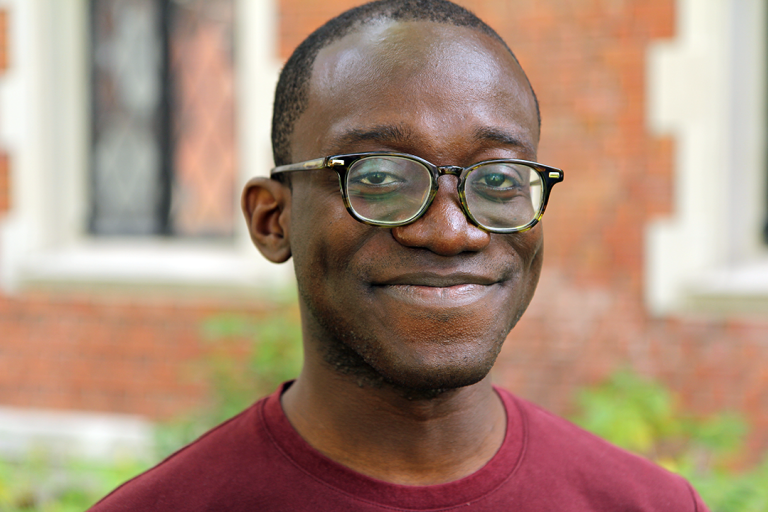
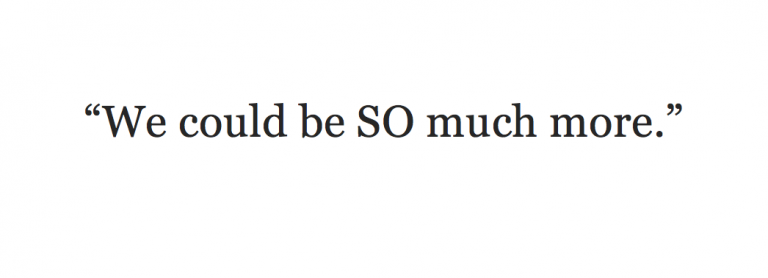
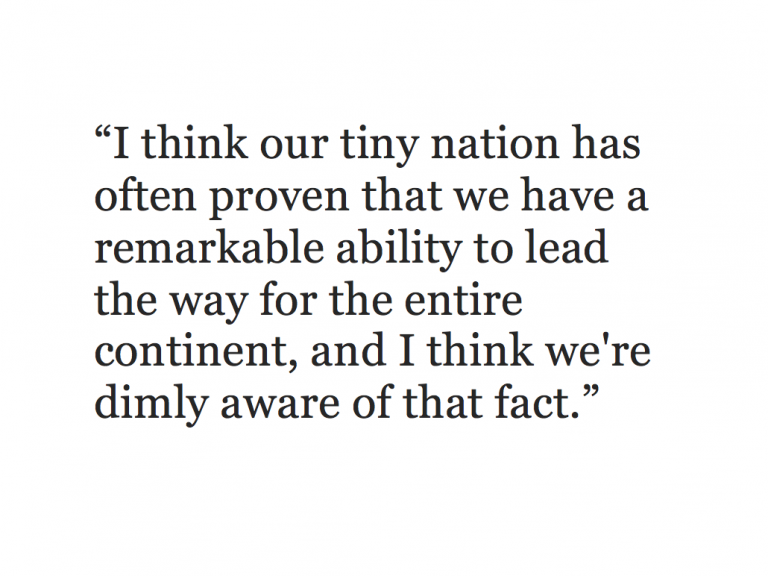
 It is the time of the year when otherwise gray and black clothed Stockholmers can OHHHH and AAAHHH to beautiful wax print, refined raffia, and curve hugging colour!
It is the time of the year when otherwise gray and black clothed Stockholmers can OHHHH and AAAHHH to beautiful wax print, refined raffia, and curve hugging colour!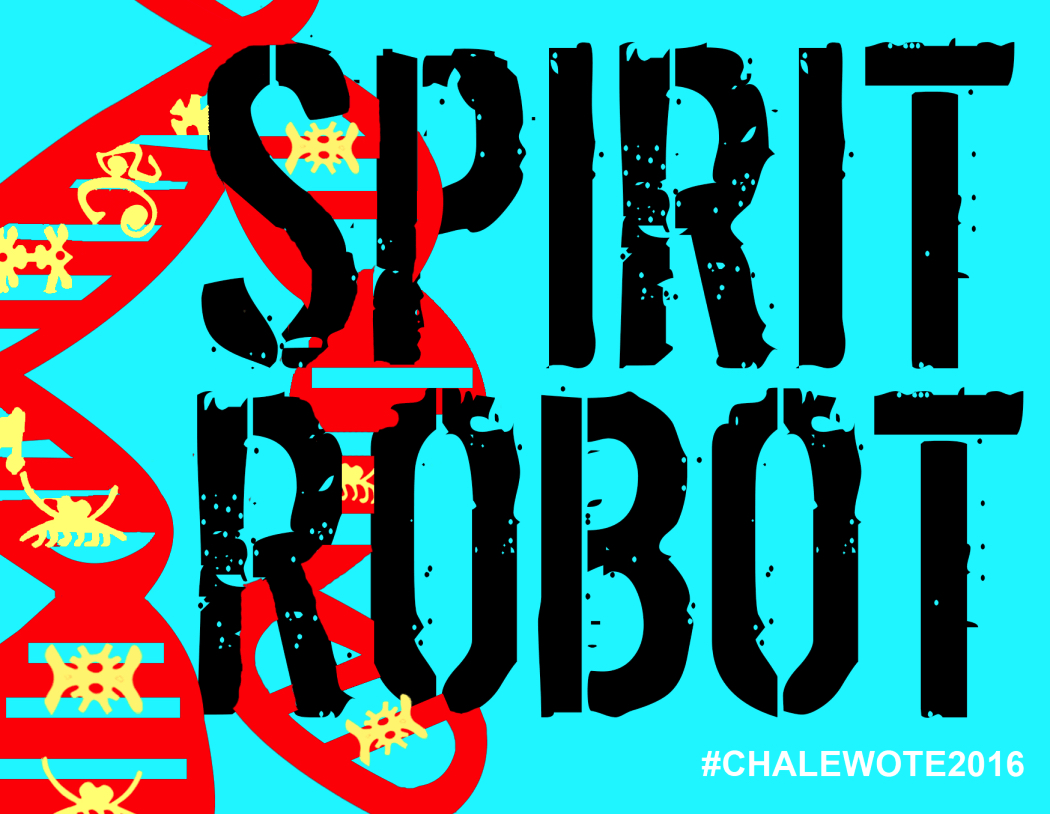 In August CHALE WOTE is coming! The street festival enters its fifth year with the awesomest theme ever: SPIRIT ROBOT! It just does something to my imagination: spirit! robot!
In August CHALE WOTE is coming! The street festival enters its fifth year with the awesomest theme ever: SPIRIT ROBOT! It just does something to my imagination: spirit! robot! 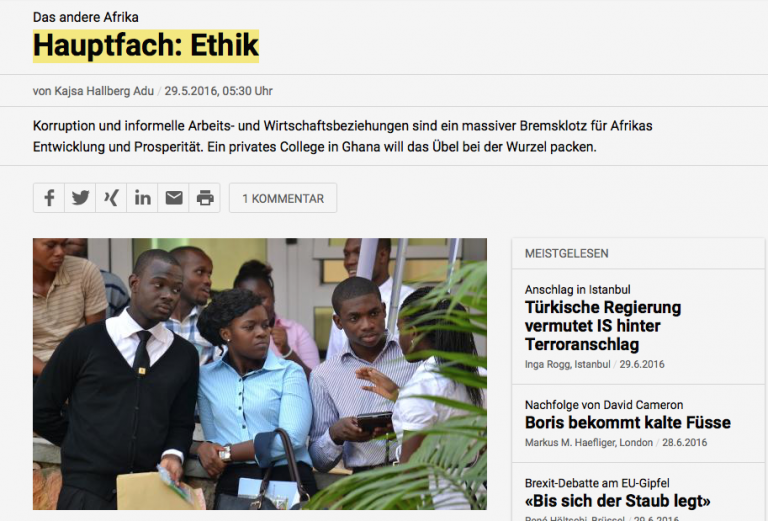

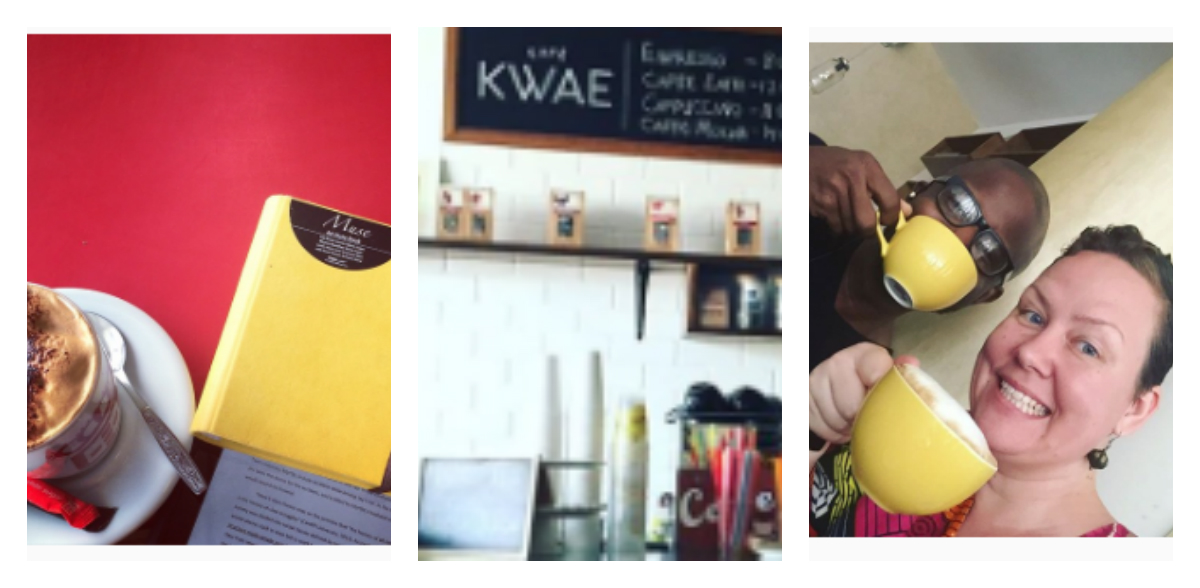
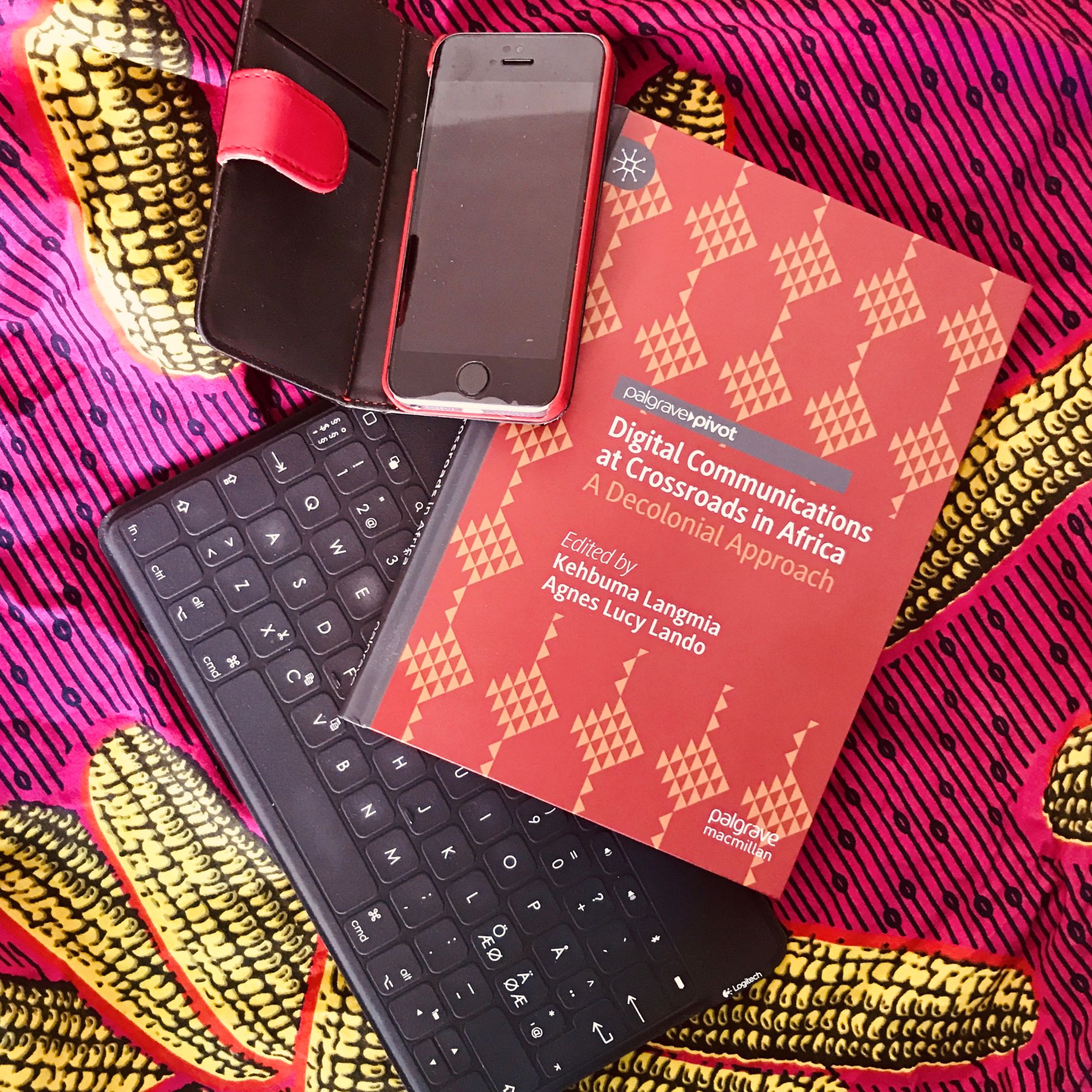
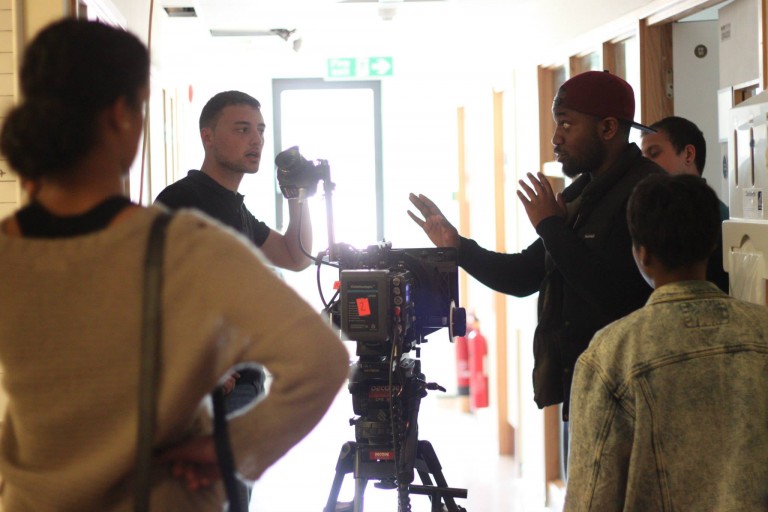
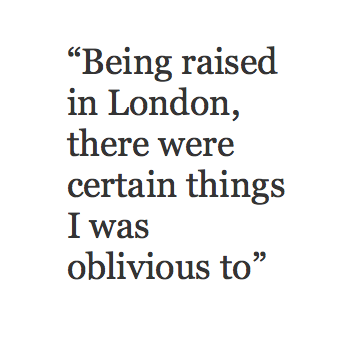
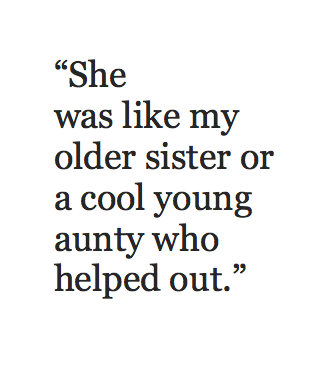 with family I have in Accra. My family members treated their domestic workers with total respect, so I was still in the dark as to what would cause anybody to treat a human being like that. So I did some research on it to find out if such brutalities still happen in Ghana and was pretty upset with what I found: an article by Kwaku Adu-Gyamfi on
with family I have in Accra. My family members treated their domestic workers with total respect, so I was still in the dark as to what would cause anybody to treat a human being like that. So I did some research on it to find out if such brutalities still happen in Ghana and was pretty upset with what I found: an article by Kwaku Adu-Gyamfi on 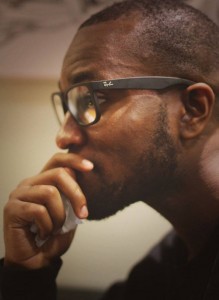 How do you make sure you: an educated male living abroad gets it right?
How do you make sure you: an educated male living abroad gets it right?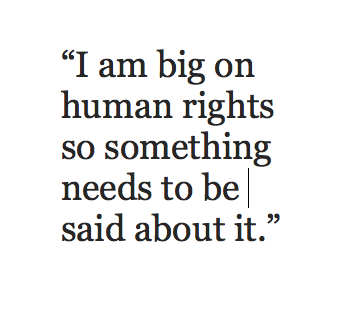 I also speak to my peers in the UK who also have African heritage (There are loads of us! Especially in London). We are all in the same position in terms of our knowledge of our respective motherland. One friend in particular, who is an actress shared an account of when her parents flew over a domestic worker from Nigeria to London and the brutalities happened here! I knew this existed, but I was horrified that people so close to me had actually seen and been through what my mother had told me. That is what really cemented my desire to make a film on this topic. I am big on human rights so something needs to be said about it.
I also speak to my peers in the UK who also have African heritage (There are loads of us! Especially in London). We are all in the same position in terms of our knowledge of our respective motherland. One friend in particular, who is an actress shared an account of when her parents flew over a domestic worker from Nigeria to London and the brutalities happened here! I knew this existed, but I was horrified that people so close to me had actually seen and been through what my mother had told me. That is what really cemented my desire to make a film on this topic. I am big on human rights so something needs to be said about it.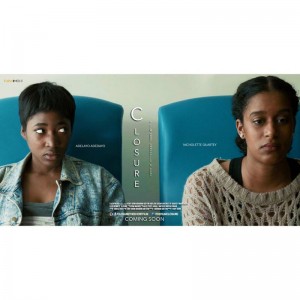 While making my last short film ‘Closure’, I experienced the hardships that you mentioned. I didn’t sleep much because of everything that needed to be done. Once the film was financed, made and screened, I felt a great sense of pride from everything that came from it. I sent the film to a load of industry contacts and film magazines/ bloggers and the response was over-whelming. I got some good feed back from executives at big production and distribution companies like Lionsgate, Sky Movies, Warner Brothers and TWC. I also featured in an article on Indiewire, which is a huge online independent film magazine. This got me a lot of important contacts in this industry.
While making my last short film ‘Closure’, I experienced the hardships that you mentioned. I didn’t sleep much because of everything that needed to be done. Once the film was financed, made and screened, I felt a great sense of pride from everything that came from it. I sent the film to a load of industry contacts and film magazines/ bloggers and the response was over-whelming. I got some good feed back from executives at big production and distribution companies like Lionsgate, Sky Movies, Warner Brothers and TWC. I also featured in an article on Indiewire, which is a huge online independent film magazine. This got me a lot of important contacts in this industry.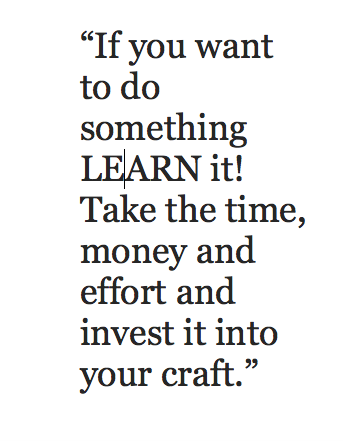 If you want to do something LEARN it! Take the time, money and effort and invest it into your craft. Be patient. A lot of people want instant gratification and I was one of them. I have learnt that working hard and learning the industry and the craft will take me so much further than if I went diving head first with no knowledge. Nothing wrong with diving but don’t do it with no idea of what you are about to fall into. Knowledge is power.
If you want to do something LEARN it! Take the time, money and effort and invest it into your craft. Be patient. A lot of people want instant gratification and I was one of them. I have learnt that working hard and learning the industry and the craft will take me so much further than if I went diving head first with no knowledge. Nothing wrong with diving but don’t do it with no idea of what you are about to fall into. Knowledge is power.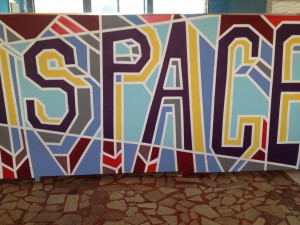
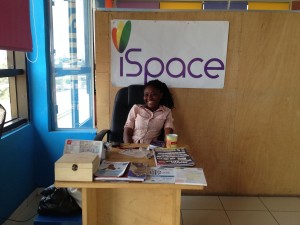


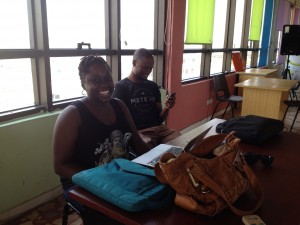
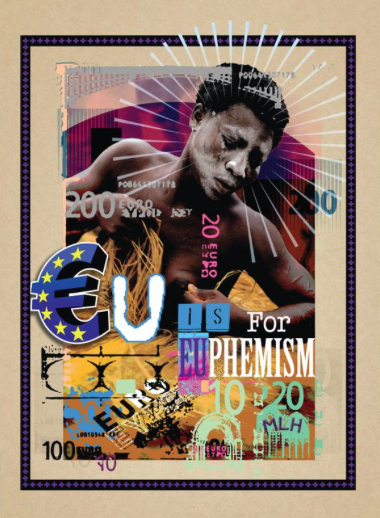 Best news today
Best news today